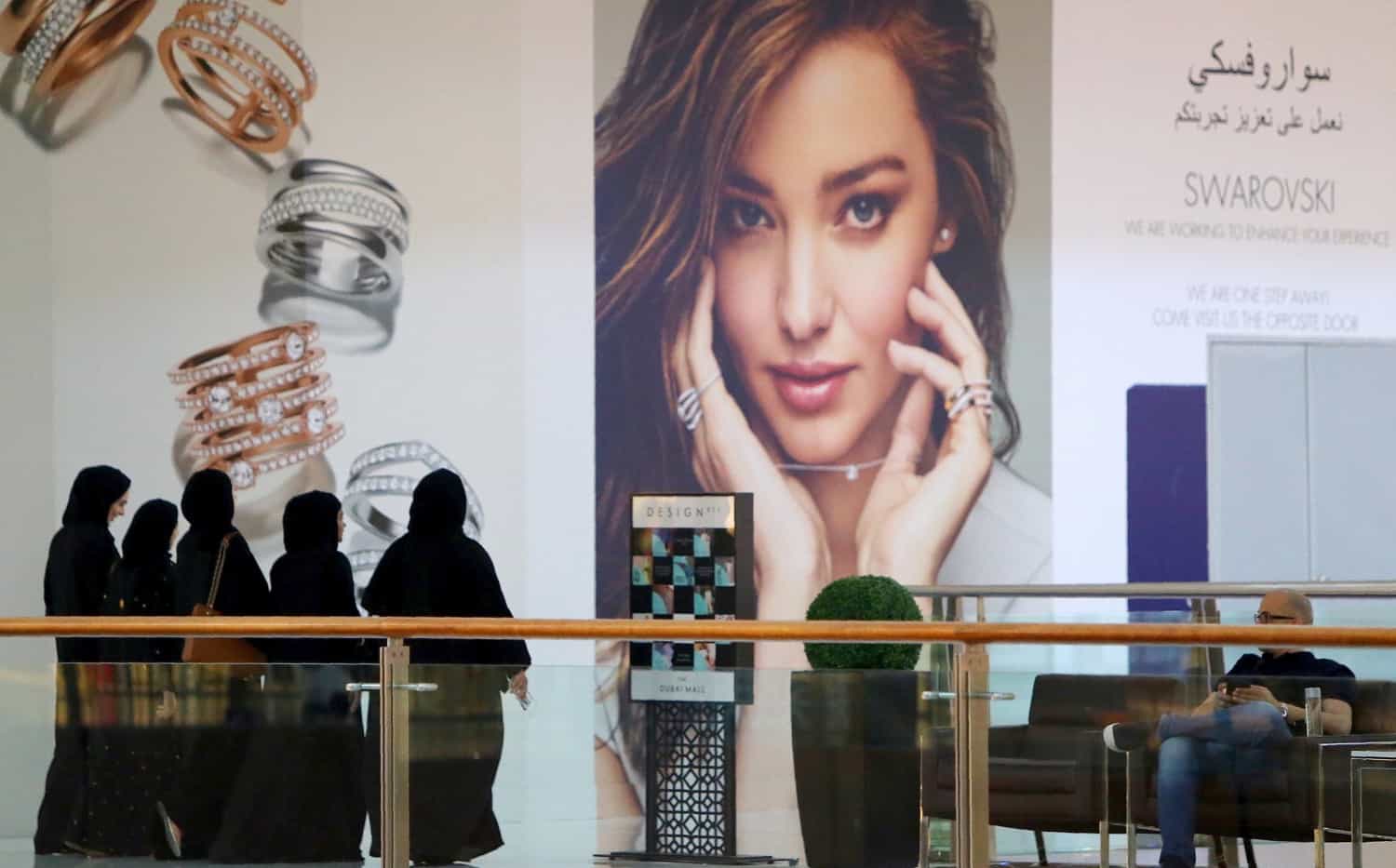The luxury goods sector was one of the hardest hit by the epidemic in the UAE in 2020, but with a 4.5 percent increase in total consumer expenditure in 2021, the sector is on the rebound.
Government initiatives have sped up rebuilding, including making the country a safe refuge for both inhabitants and tourists which has fuelled consumer activity.
With the introduction of new laws like a 5-year multi-entry tourist visa and a 10-year Golden Visa, the prospects for growth in luxury retail have become bright.
This has drawn high-net-worth individuals (UHNWI) and celebrities to the UAE. Izu Ani and Giorgio Armani are well-known personalities who have been granted the coveted Golden Visa.
However, in terms of value at regular 2021 pricing, the market is unlikely to return to pre-pandemic levels until 2023, according to a report published by “Euromonitor International.”
Pent-up demand from locals and visitors to the UAE is helping luxury products slowly make a comeback. Luxurious items that can be used for themselves, given as gifts on special occasions like weddings deferred due to the pandemic, or kept as a long-term investment are purchased both by UHNWI and the upper-middle class.
Additionally, luxury products are increasingly adopting an omnichannel marketing strategy, which means digitalization is no longer limited to e-commerce sales. Millennials and Generation Z who are tech-savvy use social media platforms and follow businesses online.
Shoppers will likely continue to use websites to learn more about a product or brand even after shopping malls are fully operational in 2022 because of the ease that e-commerce provides.
Despite this, many customers prefer to see luxury products in person before making a large purchase; therefore, companies and retailers will need to use an omnichannel approach to increase sales.
A bright future
E-commerce and high-end retail centers are both popular in the UAE which seems like a modern oxymoron. After the pandemic, retailers will rely on multichannel technologies to fuel growth and recovery.
Store-based retailing in the UAE will remain the most significant and largest channel for luxury products during the projected period, even if the appearance and feel of shops change. Since most UAE shoppers like to look around a real store before making a purchase, online retailers did not pose much of a threat to in-store sales until 2020.
There has been a dramatic shift in consumer behavior as they seek to shop across several channels, with an increasing number of orders coming from brick-and-mortar retail establishments. Retailers are hurrying to set up online stores in response to this. Luxury brands, who were historically wary of social media because they were concerned about diluting brand equity, embraced the platform and worked with celebrities.
Consumers demand choice and customization, and shops with physical locations can compete with pure-play e-commerce companies by delivering these two things to them. Customizable personal accessories are in high demand because they allow customers to express their individuality and preference via their attire. Over the predicted period, several players’ unit prices are likely to rise due to the implementation of this strategy.
Consumers in the UAE are returning to their regular routines and lifestyles, combined with worldwide vaccination efforts and the gradual recovery of international travel, which will lead to a return of luxury products to pre-pandemic levels early in the projection period.








